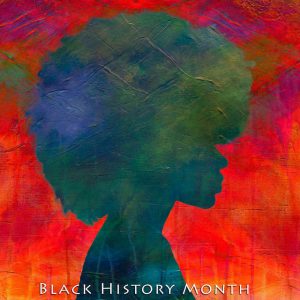
February is Black History Month (now African-American History Month), a celebration of black Americans and the ways they have shaped American society. But critics have often posed the question, “Why is there no white history month?” Brown University sociologist Daniel Hirschman explains to Vox that this question ignores the already pervasive white privilege in U.S. society. Hirschman states,
“We celebrate whiteness every day. Calls to celebrate whiteness ignore the institutionalized celebration of whiteness that’s built into the very fabric of our day-to-day lives … such calls imply that, absent such a specified month, we would somehow have a state of equality.”
In other words, calling for “White History Month” implies that whites are on the same footing as other ethnic and racial identities that have a specific “history month.” These calls ignore the fact that the vast majority of American history already focuses on white individuals and faces. Furthermore, demands for a “White History Month” work to normalize the idea that whiteness in America is under siege, or that white people are the new target of institutional racism.
However, Hirschman does not think we should stop talking about whiteness. In fact, he praises a “Whiteness History Month” event at Portland Community College which highlighted how race is a social construction and whiteness is tied to particular forms of historical and contemporary racism. After all, race and racism may only be “social constructions,” but their consequences are real when it comes to people’s lives. Unfortunately, ignoring race won’t make it go away, and this goes for whiteness as well. Instead of a “White History Month,” we should talk openly about the historical power of whiteness and ways we can construct a more racially equitable society today.

Comments 1
Glenn Charles — February 16, 2017
You didn't mention that...black geniuses were somehow converted later to white men. Mind you, at 63 years old, I find the transformations of high-school-level "history" frighteningly astonishing. It's as if I had Alzheimer's, and (for instance) I imagined that Vietnam were anything other than a tiny little border conflict in the Far East. Racism never existed and therefore couldn't exist and anyway it's justified. I have heard that. No, we don't need a white history month, unless of the type that the ones demanding it would never accept.